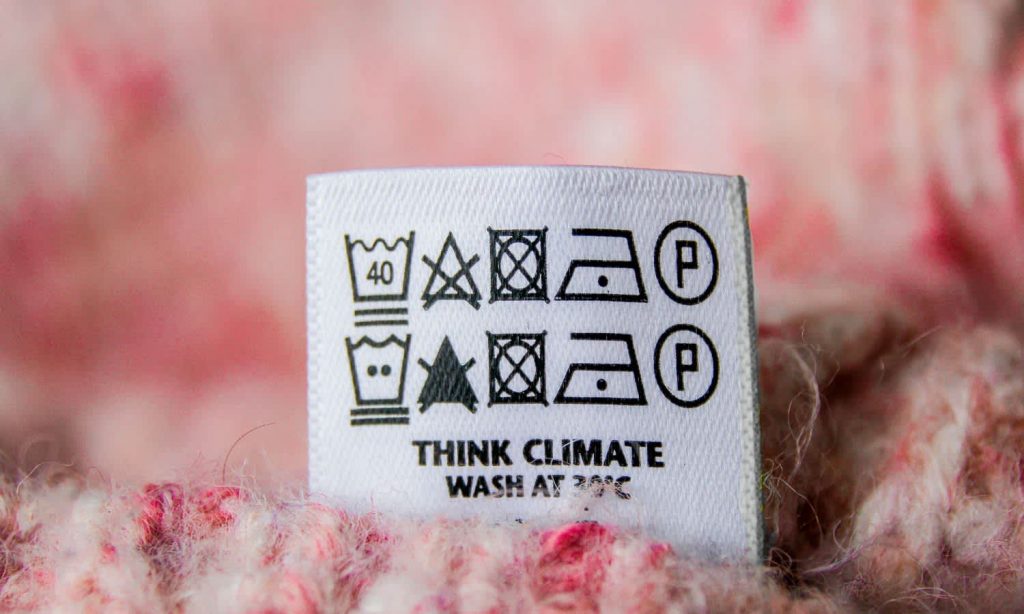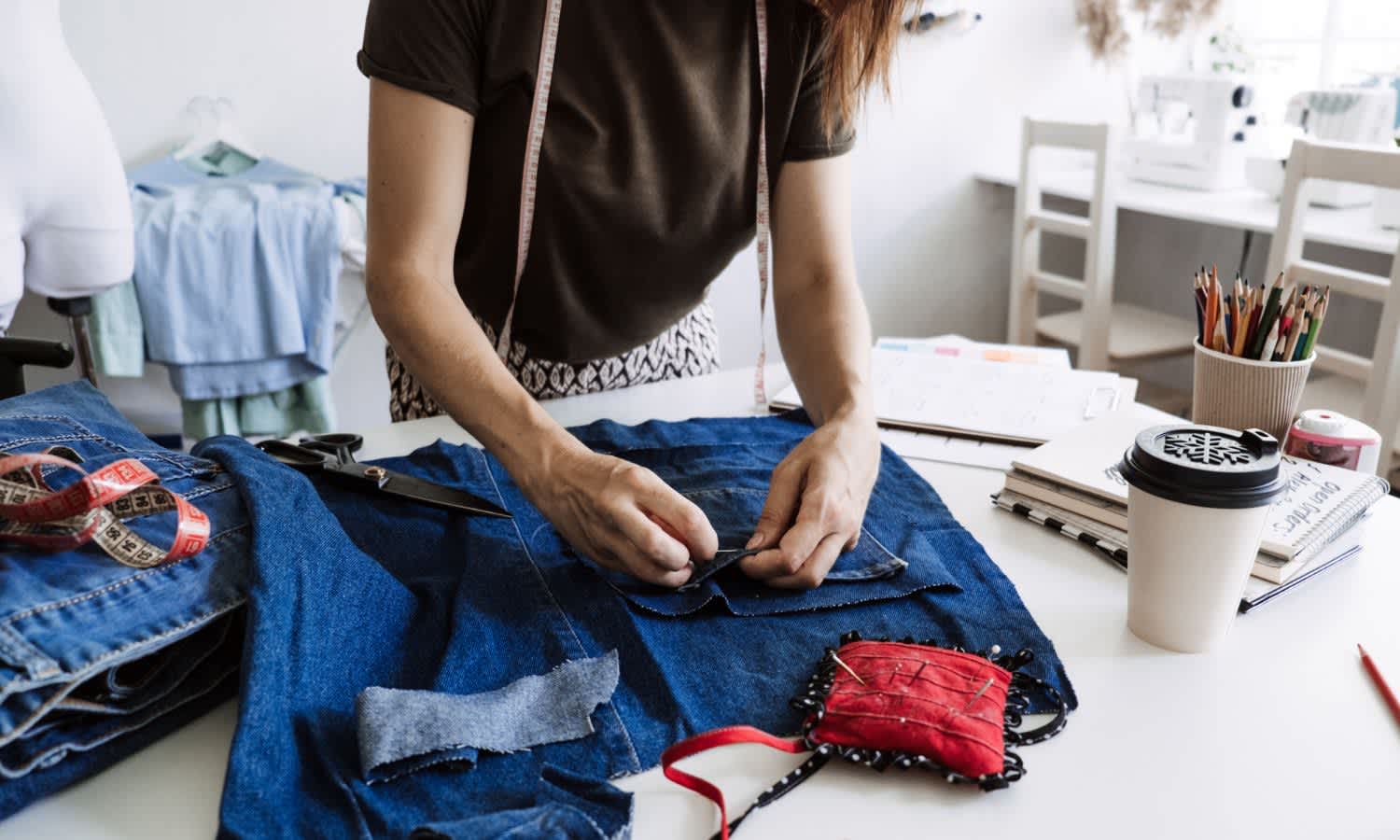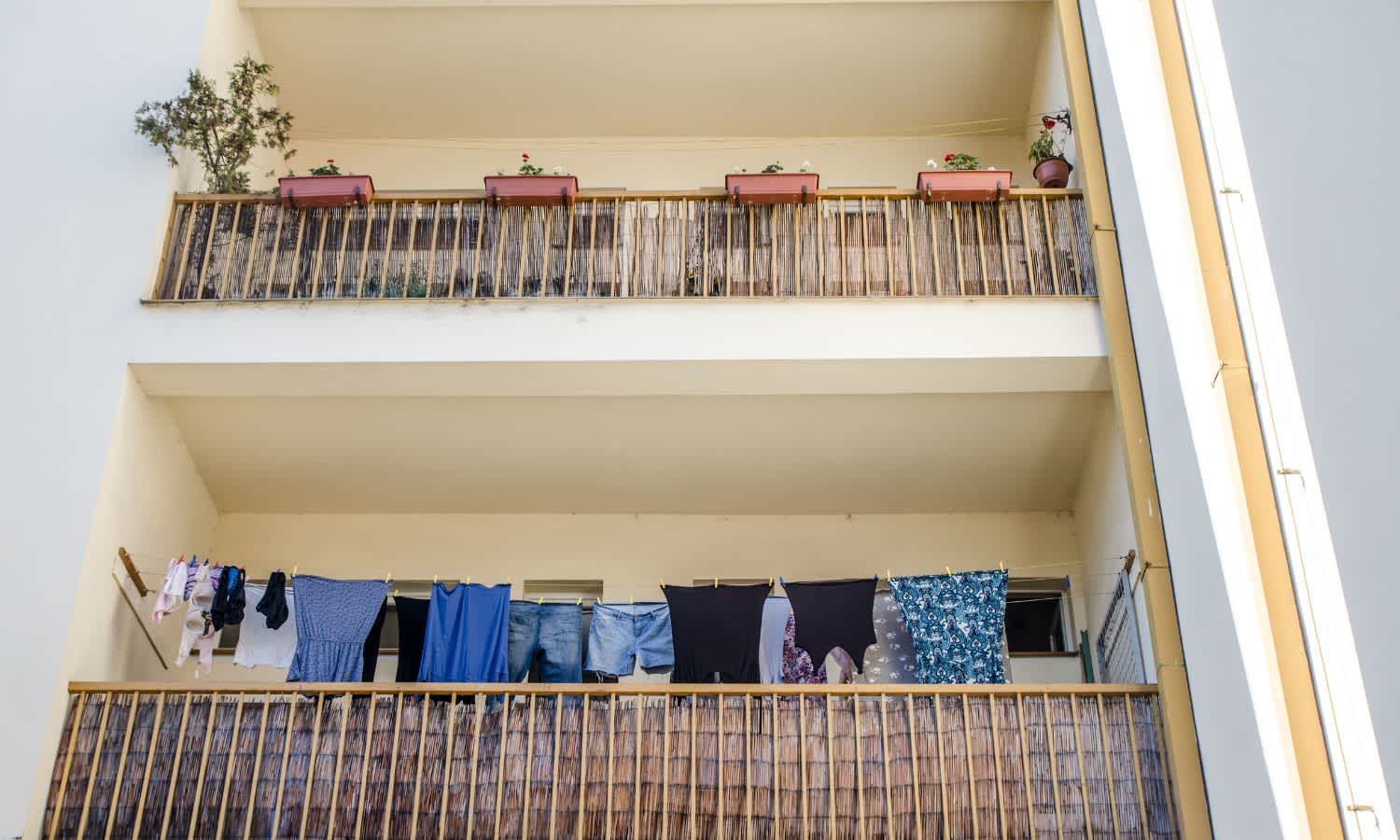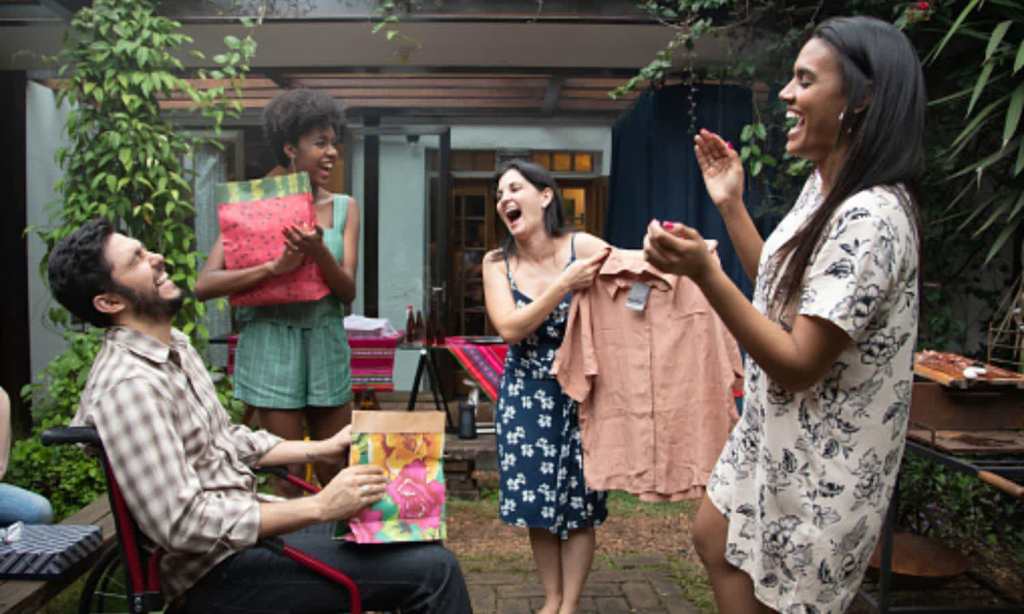The Latch has partnered with Suncorp Bank to deliver the sustainability content you need, like how to recycle properly and how to get your kids involved in the process.
Are you a fearful outfit repeater? We’re guilty too.
We have all, at some point, chocked our online shopping baskets with last-minute sales or piled up on the latest trending clothes from a popular brand to keep our wardrobe fresh. It’s no surprise that 75% of Australian adults have thrown away their clothes, with 24% of this sample group having thrown away an item of clothing after wearing it just once.
The advent of e-commerce platforms churning out new designs every other week, and clothes manufactured with non-durable materials have made us prey to the buy, break and trash mindset.
How do we make our clothes evergreen, and prune our fast fashion addiction? We suggest five ways to re-grow a healthy relationship with your clothes, and the planet.
Get to Know Your Clothing Better

This might seem like the most obvious suggestion — but it involves a more conscious approach to purchasing and owning clothes. Just like we do with our bodies, we should check to see the different parts of a piece of clothing when purchasing them.
What materials were used, and where was it designed or manufactured? Was it machine stitched or hand-stitched? For example, a hand-stitched embroidery might require hand-washing versus a mass-produced item of clothing, which can be machine-washed.
Also, you can spend some time reading the tags on the back of your clothes; what temperatures can you wash them in, and can they be machine washed, or tumble-dried? Just like our body’s organs, each piece of clothing may have different instructions of care. Staying up-to-date with their respective needs is the foundational way of building a relationship with our wardrobe, and increasing its life expectancy.
Consider Mending Instead of Trashing

Have a broken zip or loose button? We’ve all stashed those pieces of clothing at the back of the closet because of a potential wardrobe malfunction at some point. Try mending this mindset by going to a tailor, or cobbler, or fixing it yourself with a needle and thread.
These steps might take a slightly longer time than just trashing it, but your clothes will sparkle with a new lease of life once fixed.
Organise a Clothing Swap

We’ve all heard of the ‘sharing is caring’ adage since we were children. We usually share food, drinks, and advice with friends. But what about clothes? Next time you organise a get-together with your friends, why not do a swap party? Get your friends to bring clothes they have ‘outgrown’ in terms of style, size, or season and share them with one another.
To make sure you have a range of clothes, invite more friends with different personal styles and remind them to take back anything that doesn’t get picked up by another friend. Hand-me-downs can now be a mood upper!
Dry Your Clothes in the Sunshine

Aussies love the sun, and so do our clothes! Nearly all regions in Australia enjoy high sunshine hours. Of the major cities, Perth is the sunniest (3,200 hours annually), which means that when you’re on the way to the beach for a swim, you can take out your drawing line or clothing rack to hang your clothes before you go.
Opting for natural drying methods reduces our reliance on dryers and dry cleaners. These options, while convenient, are usually more energy consuming, involve harsh chemical products, and are more expensive on the wallet. Delicate materials like silk, lace, and natural fibres found in lingerie, swimwear, and activewear are best left to dry outside as dryers can shrink, overheat and damage the fabrics, causing these outfits to lose shape and elasticity.
Many people are also unaware of the behind-the-scenes process of dry-cleaning. According to the Drycleaning Institute of Australia (DIA), most dry cleaners in Australia soak the load in small amounts of solvents called perchloroethylene, commonly known as P or “perc” which is a suspected carcinogen that’s harmful to humans and the environment with long-term exposure.
For heavy-weight clothes that are more likely to be dry cleaned, opt for more eco-friendly dry-cleaning labels by looking out for ‘hydrocarbon solvents’. Otherwise, take your laundry to the sun!
Storage Is a Crucial Part of the Care Process

Clothes storage is as important as washing and buying; are you ‘Marie-Kondo’-ing all your clothes for neater and efficient use of space?
While folding and stacking are great ways to make space, using a hanger is one way to preserve the structure of your clothes. Investing in good, sturdy hangers will help to maintain the structure of suits, jackets, and blazers. Clothes made from lighter, crinkle-prone materials like crepe, chiffon, or silk are also better hung so that they can be picked up and worn without much creasing.
A good wardrobe looks neat and also smells nice. You can consider cedar blocks for an earthy note or make the most of your pantry staples by throwing together spices like cloves, rosemary, and cinnamon in a cheesecloth bag to leave in the corner of your closet. Your future clothes will thank you for keeping them smooth and smelling sweet.
Read more stories from The Latch and subscribe to our email newsletter.







